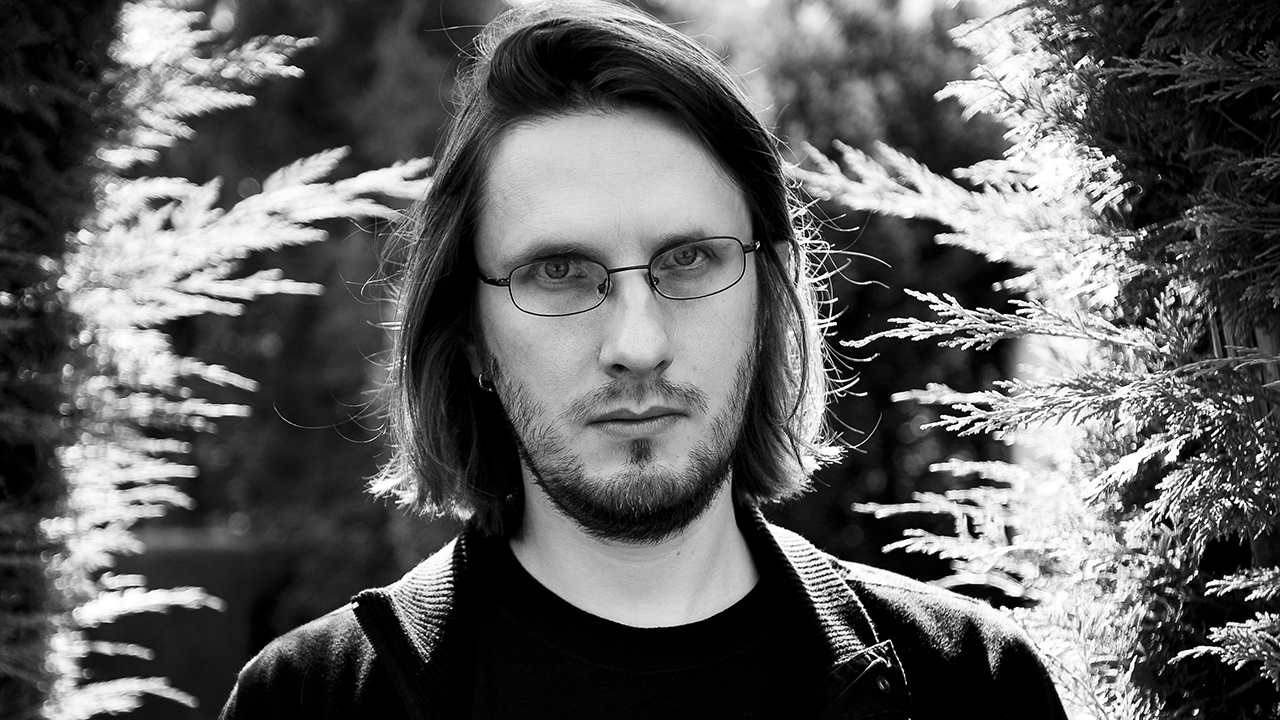You can trust Louder
For every person whose groove thang is a repetitive fusion of musique concrète and postmodern classical composition, you’ll find someone who reckons it sounds like pebbles being tossed down a deep well at random intervals. It’s safe to say that Sand – a cult classic of the genre – is chiefly for converts and aficionados. Originally released in 1977 – when musique concrète had already been all the rage with the cool kids for two decades – and with its vinyl version having become a sought-after collector’s item, it reappears at age 40, sounding every bit as unusual and curious as it did upon birth. If you’re prepared to let its rumbles, beeps and crackles mesmerise you, it’s capable of transporting you to a tranquil Zen plateau.
Grippe, a Swede who’d trained as a cellist, studied at Paris’ Groupe de Recherches Musicales in the early 70s under the likes of Luc Ferrari and Pierre Schaeffer (as had Jean-Michel Jarre). He was asked to compose music for the artist Viswanadhan Velu’s sand paintings at the avant-garde gallery which also housed the Shandar record label (home to Terry Riley and others). As material, sand, reckoned Velu, offered “a dichotomy between matter and meaning of being”. Grippe not only comprehended but embraced his friend’s brief. His two-part, 50-minute creation, his debut album, gradually builds from subtle tonal rhythms to a slightly more “present” piece, with faintly discernible organ melodies and fluttering electro-acoustic murmurs.
There’s perhaps just a hint of Moondog-like feverishness at the (relatively) peak moments, but sound manipulation has rarely seemed so delicate and tactile, like a sculptor working very tentatively with a priceless form of glass. There’s certainly no rush to get anywhere in particular, and the rolling, almost subliminally mutating searching, gilded with delay and tape echo, is of more significance to Grippe than any specific revelation or resolution. As he feels his way around, a kind of sense is made, and the edgy becomes serene.
Sign up below to get the latest from Prog, plus exclusive special offers, direct to your inbox!
Chris Roberts has written about music, films, and art for innumerable outlets. His new book The Velvet Underground is out April 4. He has also published books on Lou Reed, Elton John, the Gothic arts, Talk Talk, Kate Moss, Scarlett Johansson, Abba, Tom Jones and others. Among his interviewees over the years have been David Bowie, Iggy Pop, Patti Smith, Debbie Harry, Bryan Ferry, Al Green, Tom Waits & Lou Reed. Born in North Wales, he lives in London.


